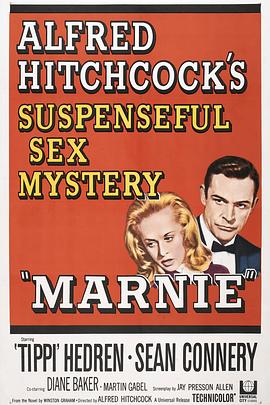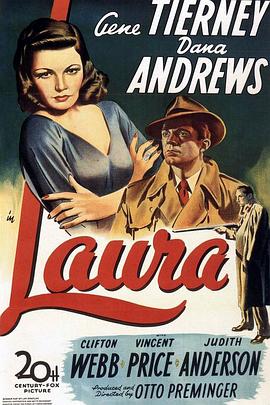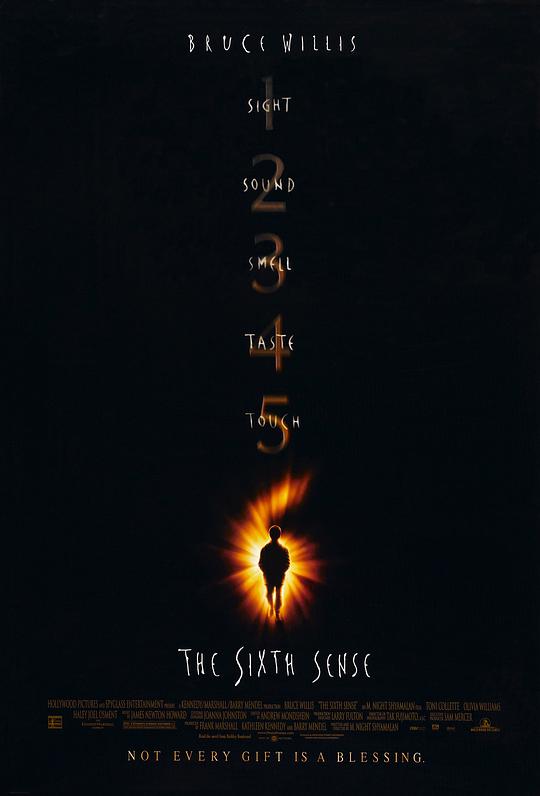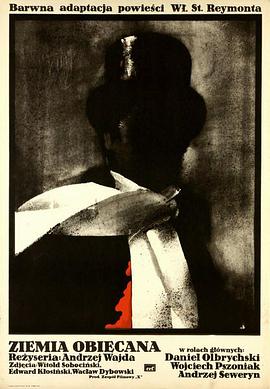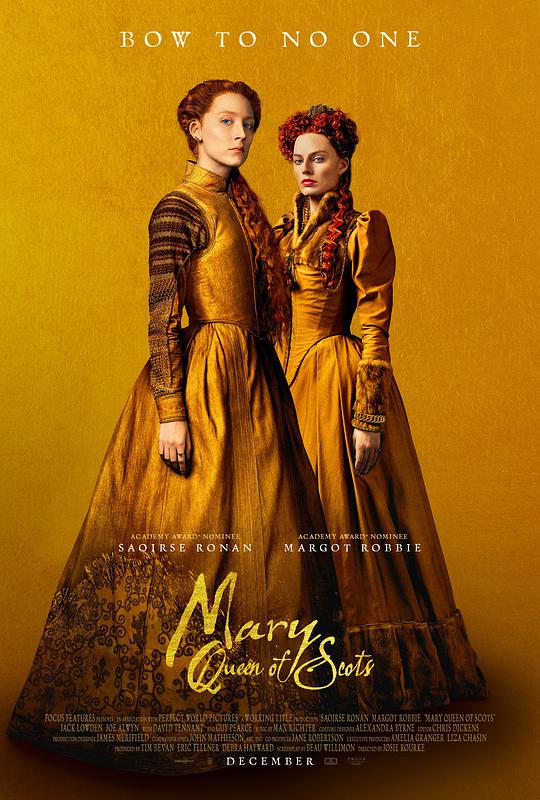-
备注:已完结
类型:电影
主演:蒂比·海德莉 马丁·加贝尔 肖恩·康纳利 路易莎·兰瑟姆 黛安·贝克
导演:阿尔弗雷德·希区柯克
语言:英语
年代:未知
简介:聪明漂亮的公司女秘书玛尔妮·埃德加(蒂比·海德莉 Tippi Hedren饰)实际上是一名品行不端的女窃贼,嗜偷如命。几个月后,她偷走了公司保险柜里的将近一万美元的现金,恰好公司的大主顾马克·鲁德兰(肖恩·康纳利 Sean Connery饰)也在场。他对这位冷艳神秘的女人有着浓厚的兴趣。更有缘分的是,马克就是玛尔妮的新任老板。玛尔妮对红色的东西始终有着一种神经性的恐惧,这更让马克觉得这个怪异的女孩背后一定有着什么故事,企图接近她。 鲁德兰猛烈的爱情攻势,让玛尔妮倍感恐慌和不安。虽然她也对这个风度翩翩的英俊男人动了心,却仍习惯性地从公司的保险柜里偷出现金,打算远走高飞。马克及时阻止了她,并引导玛尔妮说出真话。面对自己难以逾越的心理障碍,玛尔妮内心中那段不愿告人的身世之谜即将揭开面纱。
-
备注:已完结
类型:电影
主演:米歇尔·威廉姆斯 保罗·达诺 布鲁斯·格林伍德 威尔·帕顿 佐伊·卡赞
导演:凯莉·雷查德
语言:英语
年代:未知
简介: 故事发生在1845年,西部大迁徙的步伐刚刚迈出,想要穿越那片荒芜而又充满了凶险的蛮荒之地,除了需要足够的勇气和运气之外,智慧必不可少。三个家庭决定离开故土,寻找新的生活,为了自保,他们找到了一位名叫米克的向导,希望他能够护送他们安全抵达目的地。\r 然而,当众人在米克所谓的近路上渐行渐远之时,越来越荒凉的景象和越来越陌生的环境让他们知道,他们迷路了。资源在渐渐的消耗,饥渴和恐慌逐渐消磨着人们的意志,就在大家觉得走投无路之际,一名当地土著的到来带来了新的希望,然而,他们并不能肯定,来人是朋友,还是敌人。
-
备注:已完结
类型:电影
主演:布鲁斯·威利斯 海利·乔·奥斯蒙 托妮·科莱特 奥莉维亚·威廉姆斯 唐
导演:M·奈特·沙马兰
语言:
年代:未知
简介:麦克(布鲁斯·威利斯饰)是著名儿童心理学家,却也有始终未能治愈的患者,甚至因此遭到枪击,这名少年随后也饮枪自毙。这给麦克带来很大心理阴影,一年后他找到另一个症状很像这名患者的男孩柯尔(海利·乔·奥斯蒙饰),并耐心的做起了他的医生。柯尔并不容易接近,但麦克还是慢慢赢得了他的信任,得知了柯尔的秘密。原来柯尔有着灵异的第六感,可以看到鬼魂。虽然这令人感到难以置信,但麦克在证实了事情的真相后还是帮助柯尔接受了这个事实。可是就在问题即将得到解决的时候,麦克却在柯尔的引导下,发现了一个更令人震惊的秘密……
-
备注:已完结
类型:电影
主演:达尼尔·奥勒布里斯基 沃捷希奇·帕斯佐尼亚克 安德烈·瑟韦林 安娜·内
导演:安杰伊·瓦伊达
语言:其它
年代:未知
简介:讲述卡罗尔、莫里斯和马科斯三个好朋友办工厂梦的过程,真实冷静的展示了波兰资本主义初期残酷的社会画卷。
-
备注:已完结
类型:电影
主演:汤姆·希林 艾丽卡·巴赫蕾达-库鲁斯 马提亚斯·施维赫夫
导演:米夏埃尔·古特曼
语言:其它
年代:未知
简介:一个18 岁的男孩Jakob回到法兰克福,一年前他因为母亲死亡而离开。当他设法正常地生活时,他认识了当保姆的波兰女子Wanda, 并且爱上她。但是大家都有些不满意对方。
-
备注:已完结
类型:电影
主演:马里乌什·德莫霍夫斯基 贝娅塔·蒂希基维茨 菲耶夫斯基·塔德乌什 Ja
导演:沃伊切赫·哈斯
语言:其它
年代:未知
简介:The Doll is an adaptation of the novel, The Doll (novel) by Bolesław Prus, which is regarded by many as one of the finest Polish novels ever written and, along with Pharaoh (novel), made Bolesław Prus a potential candidate for the Nobel Prize in literature. The influence of Émile Zola is evident, and some have compared the novel to Madame Bovary by Gustave Flaubert; both were Prus's contemporaries. The movie, however, may be more compared to Stendhal's Le Rouge et le Noir, (The Red and the Black). The Doll constitutes a panorama of life in Warsaw between 1878 and 1879, and at the same time is a subtle story of three generations of Polish idealists, their psychological complications, their involvement in the history of the nineteenth century, social dramas, moral problems and the experience of tragic existence. At the same time this story describes the disintegration of social relationships and the growing separation of a society whose aristocratic elite spreads the models of vanity and idleness. In the bad air of a backward country, anti-Semitic ideas are born, valuable individuals meet obstacles on their way, and scoundrels are successful. This poetic love story follows a nouveau riche merchant, Stanislaw Wokulski, through a series of trials and tribulations occasioned by his obsessive passion for an aristocratic beauty, Izabela Lecka, played by the famous Polish actress, Beata Tyszkiewicz. Plot As a descendant of an impoverished Polish noble family, young Wokulski is forced to work as a waiter at Hopfer's, a Warsaw restaurant, while dreaming of a life in science. After taking part in the failed 1863 Uprising against Tsarist Russia, he is sentenced to exile in Siberia. On eventual return to Warsaw, he becomes a salesman at Mincel's haberdashery. Marrying the late owner's widow (who eventually dies), he comes into money and uses it to set up a partnership with a Russian merchant he had met while in exile. The two merchants go to Bulgaria during the Russo-Turkish War of 1877-78, and Wokulski makes a fortune supplying the Russian Army. The enterprising Wokulski now proves a romantic at heart, falling in love with Izabela, daughter of the vacuous, bankrupt aristocrat, Tomasz Łęcki. In his quest to win Izabela, Wokulski begins frequenting theatres and aristocratic salons; and to help her financially distressed father, founds a company and sets the aristocrats up as shareholders in his business.The indolence of these aristocrats, who secure with their pensions, are too lazy to undertake new business risks, frustrates Wokulski. His ability to make money is respected but his lack of family and social rank is condescended to. Because of his help (in secret) to Izabela's impecunious but influential father, the girl becomes aware of his affection. In the end she consents to accept him, but without true devotion or love.(wikipedia)
